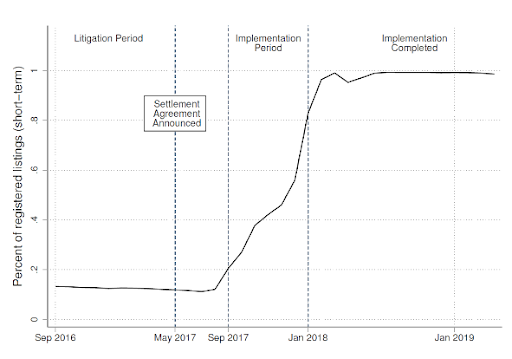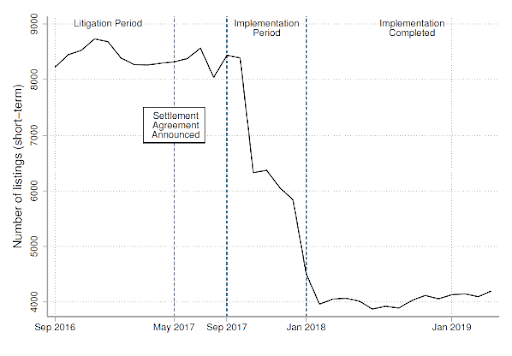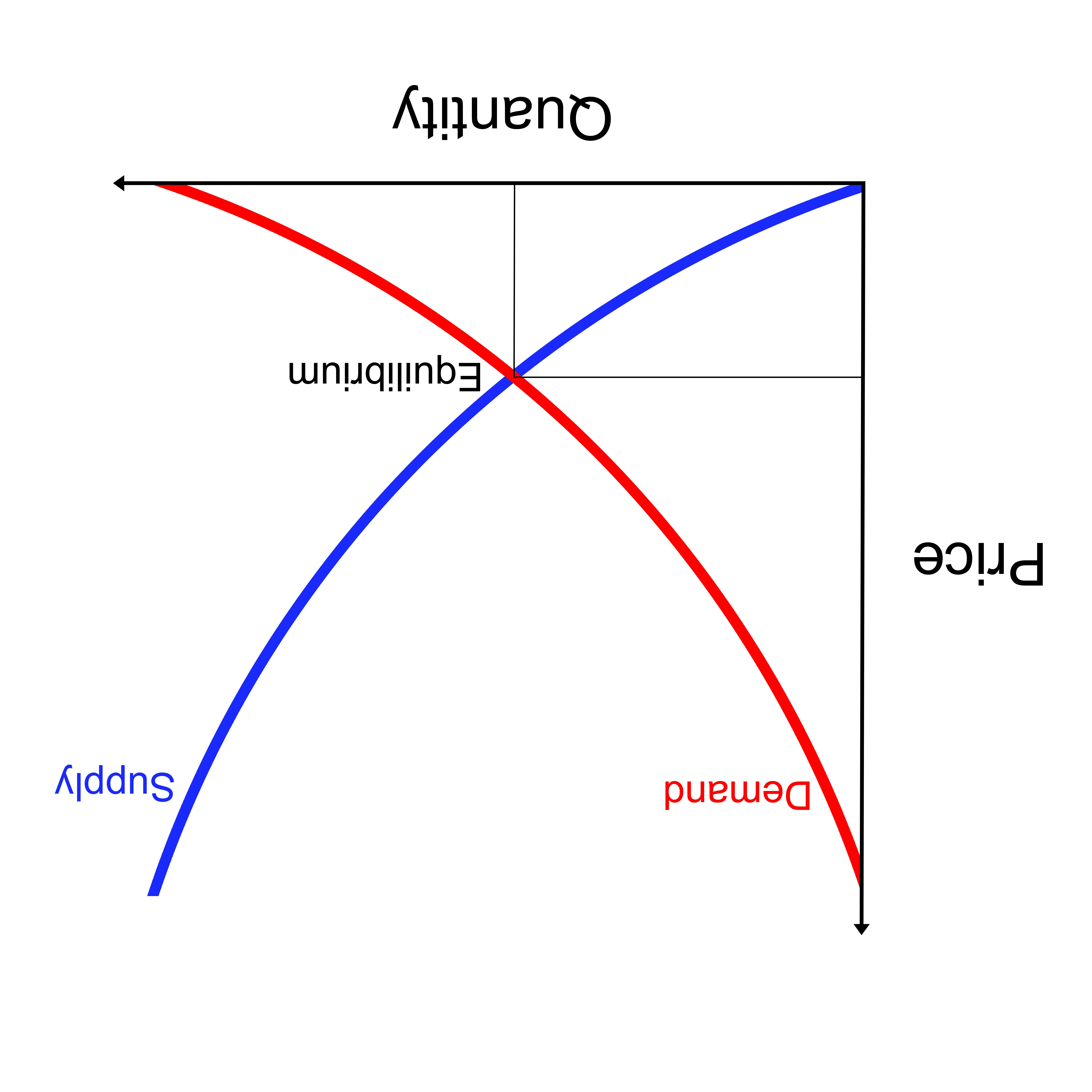How Does Competition Affect Reputation Incentives? Evidence from Airbnb

Michelangelo Rossi is Assistant Professor at Télécom Paris, Institut Polytechnique de Paris. His most recent paper, titled Competition and Reputation in a Congested Marketplace: Theory and Evidence from Airbnb, is expanded upon in the following guest post.
Would you ever rent a house you have never seen, whose owner you have never met, in a city you have never visited? Would you ever pay upfront to a person you do not know, and you will never meet, who promises to deliver an object you have never seen? A few decades ago, the answers to these questions would have been negative for most customers. Conversely, nowadays, millions of users rely on digital platforms like Airbnb and eBay to do precisely as described above. How is that possible? How did users around the world start to trust each other after millennia of skepticism?
An answer to such questions relies on the innovative way digital marketplaces reduce information asymmetry between parties: review systems. In almost all digital platforms, users can review the services they have experienced, providing new information to prospective users.
My paper “Competition and Reputation in a Congested Marketplace: Theory and Evidence from Airbnb” addresses such questions. Here I study how ratings on Airbnb help hosts to build their reputation, gain the trust of potential guests, and increase their profits.
Online ratings reduce the uncertainty about sellers’ quality since each feedback increases the precision of buyers’ estimates. Besides, reviews also discipline sellers’ ongoing behavior with the potential punishment of negative feedback. Sellers exert effort to provide high-quality services, improve their reputation, and enjoy higher profits. However, the process of reputation building does not take place in a vacuum. Sellers compete with each other, and the intensity of competition affects both profits and reputation building.
My paper studies how changes in the number of competitors affect reputation’s role in incentivizing sellers to exert effort. Higher competition may help to discipline sellers. Yet, having more competitors erodes reputational premia, which may discourage sellers from exerting costly effort. Understanding which of the two effects dominates empirically is a relevant question for the design of online marketplaces.
Airbnb and the San Francisco Short-term Rental Regulation
To analyze the relationship between competition and reputation incentives, I use data from one of the leading hospitality platforms, Airbnb. I measure hosts’ effort by studying rating categories such as communication and check-in, related explicitly to hosts’ actions. Moreover, I calculate the number of listings surrounding each host within 0.5, 1, and 2 kilometers to measure hosts’ competition.
I take advantage of the regulatory enforcement on short-term rentals in San Francisco in 2017 to study how Airbnb hosts behave after a massive drop in the number of competitors.
In 2015, the San Francisco City Council imposed several restrictions and a formal registration for short-term rentals on digital platforms. The regulation was effectively enforced on Airbnb two years later, when Airbnb signed a settlement agreement with the City Council in May 2017. The platform has been actively engaged in the listings’ registration process since September 2017. The percentage of Airbnb listings offering short-term lodging registered at the City Council Office increased from less than 15 percent in September 2017 to 100 percent in February 2018 (Figure 1): hosts started to register, and those who could not, exited the platform. As a result, the number of short-term listings halved, dropping from more than 8,000 units in September 2017 to 4,000 in February 2018 (Figure 2).
Figure 1. Percent of Registered Airbnb Listings over time in San Francisco
Figure 2. Short-term Airbnb Listings over time in San Francisco
Less Competition Leads to More Nights Rented and Higher Ratings about Communication and Check-in
I exploit this regulatory enforcement as a “shock” in the number of listings surrounding each host. I focus on hosts who entered before May 2017 and stayed on Airbnb after the massive exit at the end of 2017. They all faced a drop in competitors due to the Settlement Agreement, but the variations in the number of listings surrounding each host may differ: some hosts had many competitors already registered before the Settlement, whereas others did not. Thus, the local competition has varied over time in different areas of the city.
I take advantage of these differences by comparing hosts’ ratings. I find that, with fewer competitors, hosts rent more nights each month and receive higher ratings about effort (communication and check-in). This empirical finding suggests that competitive forces can discipline markets’ quality provision but may lead to the erosion of reputational premia in very competitive environments such as crowded digital platforms. From a policy perspective, these results suggest that limiting the number of competitors in a platform may benefit services’ quality at the expense of customers who could have a harder time finding a match. With fewer competitors, sellers have more incentives to exert effort since it is easier for them to match with buyers. Thus, rental restrictions such as the San Francisco Short-Term Rentals Regulation that reduce competition and the selection available to consumers may favor the remaining local sellers without undermining their services’ quality.










